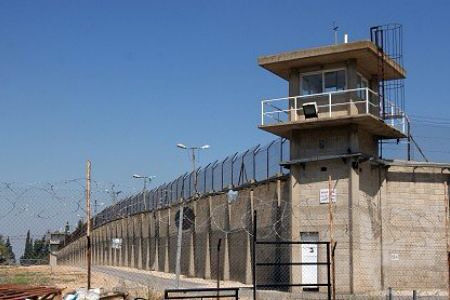Also of utmost concern are the lives of Bilal Diab and Thaer Halahleh, who today began their 66th day of hunger strike. Both men are in critical condition and have been denied access to independent doctors for the majority of their hunger strike. Thaer noted that they have been subjected to significant pressure by prison doctors and the prison administration to break their hunger strike, but they are determined to continue with the strike until they are released. No decision was made in today’s Israeli High Court hearing regarding their administrative detention orders. Both Bilal and Thaer were brought to the hearing and attended in wheelchairs. During the hearing, Bilal fainted and there were no doctors present inside the court. Thaer testified to the mistreatment he has suffered since his arrest. Judge Amnon Rubenstein announced that the panel of judges would make a decision after reviewing the “secret file”, but after the review stated that the parties would be informed at a later time, without specifying when.
On 17 April 2012, Palestinian prisoners held in Israeli prisons launched a mass hunger strike demanding an end to administrative detention, isolation and other punitive measures taken against Palestinian prisoners including the denial of family and lawyer visits, especially to prisoners from the Gaza Strip who have been denied family visits since 2007, and access to university education. The campaign has steadily gained momentum over the past two weeks and an estimated 2,500 prisoners are now on an open-ended hunger strike.
Since the beginning of the hunger strike, the Israeli Prison Service (IPS) has collectively punished participating prisoners using a wide range of tactics. Most recent updates indicate that some prisoners are being fined between 250 (€50) and 500 (€100) shekels for each day of their hunger strike. In Naqab prison, prisoners are experiencing daily inspections of random sections, which last for approximately 40 to 50 minutes. These inspections include cell and body searches. In addition, prisoners are no longer permitted to leave their rooms for the daily break period. More
